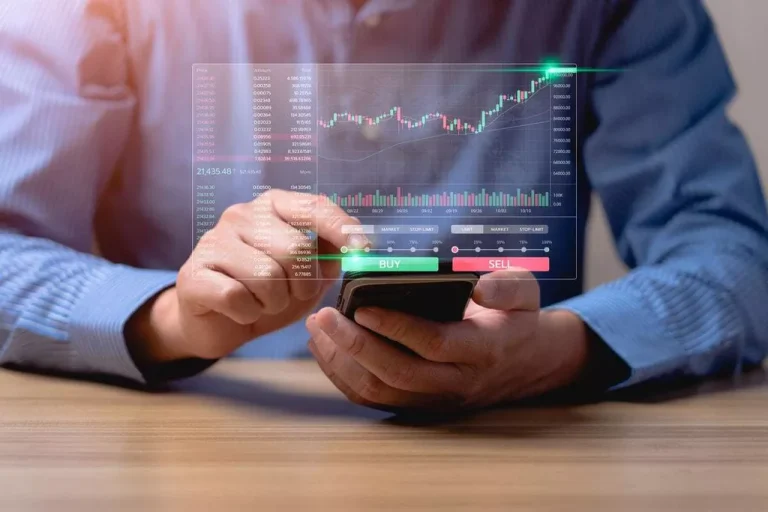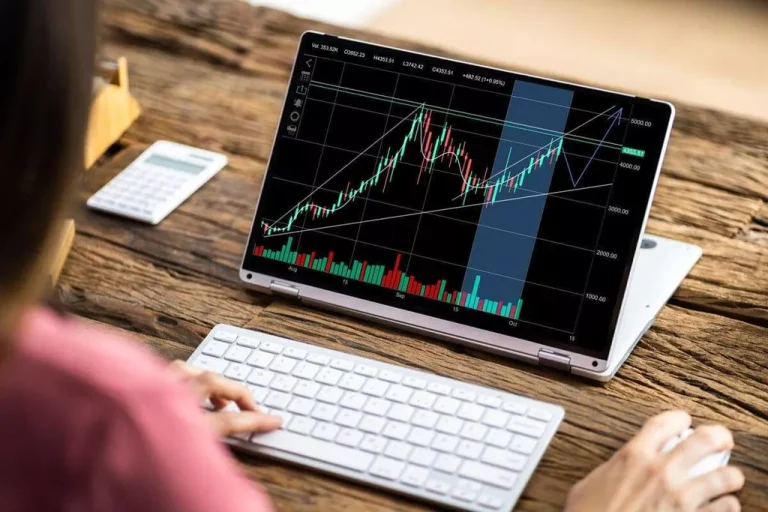Non-custodial wallets are designed to handle numerous amounts of crypto and supply the same stage of security regardless of the quantity saved. Any crypto belongings that aren’t being used for trading or transacting are finest custodial vs non custodial wallet saved offline in a non-custodial hardware wallet. While custodial companies require prospects to offer and make sure personal details for KYC purposes corresponding to name, handle, etc. Not taking on the duty that comes with self-custody of one’s crypto may be seen as a profit to some users.

What Types Of Wallets Are Considered Non-custodial?
Non-custodial wallets provide customers the benefits of full control over their crypto holdings and exclusive entry to their personal keys, ensuring safe and handy administration of digital belongings. Custodial and non-custodial wallets are the 2 major forms of cryptocurrency wallets. With custodial wallets, you entrust your non-public keys to a third party, such as a financial institution or a digital wallet service supplier. Non-custodial wallets are typically thought-about more secure as a result of users have complete control over their private keys.
- The tiles slide into three completely different rows on each side of the device, and the gadget comes with a cover that swivels over your recovery phrase as soon as you have correctly arranged the tiles.
- The public key’s like your checking account number—it’s what you share with others to receive funds.
- Non-custodial wallets additionally often process transactions immediately at negligible prices.
- With every boasting distinctive features and safety measures, the choices are endless.
How To Choose The Right Non-custodial Pockets
With a non-custodial wallet, you’re in the driver’s seat, holding your non-public keys and full control over your crypto belongings. Ledger is a beacon of superior security features and a user-friendly interface amongst the most effective non-custodial wallets out there today. With over four million hardware wallets offered, Ledger has cemented its status as a trusted name within the crypto world.
What Wallets Are Non-custodial?
Remember, you are liable for your non-public keys’ security, so choose a pockets with sturdy safety measures. Non-custodial wallets empower users to transact freely with out intermediaries, guaranteeing censorship-resistant transactions. Users can send and obtain cryptocurrencies without fearing a government blocking or monitoring their transactions. Non-custodial wallets serve the aim of guaranteeing the confidentiality of a user’s belongings. However, that comes with the duty of storing your personal keys, which are the solely real way of accessing your account.
Crypto Wallets One Hundred And One: What Are Non-custodial Wallets?

Users manage or transact their crypto property via accounts supplied by the custodian utilizing a username, password, or other authentication methods. Wallets offered by cryptocurrency exchanges, on-line wallet services, and sure cell pockets apps are fantastic examples of custodian wallets. These user-friendly wallets provide companies like trading, lending, and earning curiosity.

For instance, a custodial crypto trade should get well a user’s funds since it holds custodial rights over the user’s non-public key. Thus, customers can typically contact buyer help to help get their belongings back. Trust Wallet and MetaMask are nice examples of non-custodial wallet service suppliers. But remember that with these wallets, you may be fully responsible for maintaining your seed phrase and private keys safe. If you’ve ever used Bitcoin or other cryptocurrencies, you realize that having a digital wallet is crucial.
When you’re able to make a transaction, your non-custodial pockets makes use of these private keys to digitally signal it, providing you with the green light to proceed. It’s financial freedom in its purest type, aligning completely with the decentralised ethos of blockchain. It’s a sequence of words that act as a backup to restore your private keys. Store this phrase somewhere safe and offline; it’s your lifeline if things go south. A non-custodial pockets gives you full management over your non-public keys by way of Self-Custody.
A liquidity disaster just like the one at Celsius may additionally jeopardize investor funds. And since custodial wallets can’t operate offline, they’re more prone to hacks and on-line theft. Sometimes, wallets which are continuously upgrading to fulfill the calls for of their users would possibly assist extra tokens as time goes by.
Don’t let its seemingly old-school strategy to security fool you; Atomic Wallet is robust in its protecting measures. Users are required to log in with a password, and multiple layers of security are in place. Account recovery can be straightforward, because of a 12-word backup seed phrase offered throughout consumer registration. It employs Secure Enclave Technology particularly designed for storing personal keys. Additional layers of security embody 2FA through Google Authenticator, SMS authentication, and phone number verification. These options collectively present a secure environment on your funds and access credentials.

To mint an NFT, you want to connect your pockets and addContent your digital belongings to an NFT platform. There, you’ll be able to addContent images, audio, or video files together with some metadata (to describe your NFTs). After minting, your belongings will be stored on-chain and cannot be altered.
However, make certain the wallet you utilize helps the kind of NFT you wish to maintain. NFTs can exist on completely different blockchains, and even on a person blockchain, there could be varied kinds of token standards. Each commonplace has different characteristics and guidelines that define how the tokens are created and used. Coinbase Wallet is a non-custodial cell wallet that helps a variety of digital assets, including all ERC-20 tokens on the Ethereum network. It also extends help to EVM-compatible chains like Avalanche and Polygon. If you’re into stablecoins, you’ll be happy to know that favorites like USDT, DAI, and USDC are all supported.
You’re essentially entrusting a 3rd celebration together with your personal keys and, by extension, your crypto assets. For instance, a cryptocurrency trade provides you with a pockets address you can use to deposit funds, nevertheless it is not going to provide any corresponding private key. In the world of cryptocurrency, the selection of pockets considerably impacts your expertise. Non-custodial wallets present full management, however with added duty.
Turned off when not in use, these hardware, non-custodial crypto wallets have to be linked to a computer or mobile device by way of USB ports or bluetooth to transact. For this cause, even a malware-infected pc or phone can’t entry your funds when you’re using a non-custodial hardware wallet. With non-custodial wallets, nonetheless, customers need to be additional careful since dropping one’s non-public key means losing all their property.
However, it supplies you with a higher stage of safety and ownership over your crypto property, which could be beneficial in the lengthy term. Remember, while these custodial wallets could provide comfort and extra options, users must understand that they are relying on third-party custody of their funds and private keys. Also think about deposit and change charges, available deposit methods, and security. Most custodial wallets are accessed through an internet browser identical to you would possibly login to your financial institution or e mail account.
By using a custodial pockets, we’re entrusting our funds to the crypto custodian. In a custodial pockets, the private keys are held and managed by a third-party custodian, such as a cryptocurrency trade. The person does not have direct access to or management over the non-public keys.
Read more about https://www.xcritical.in/ here.